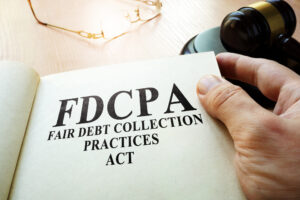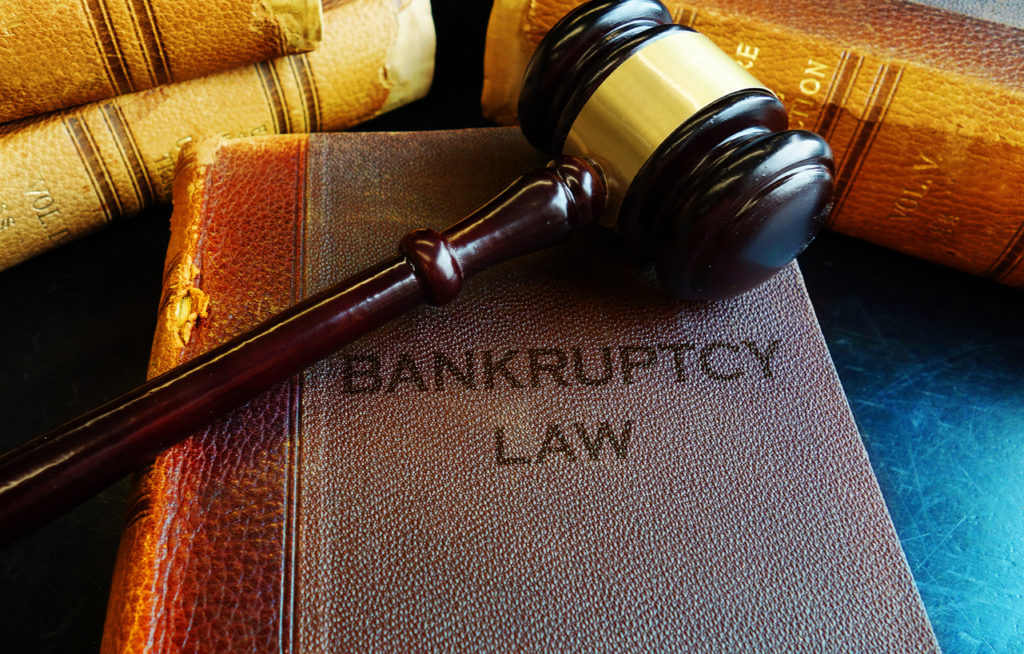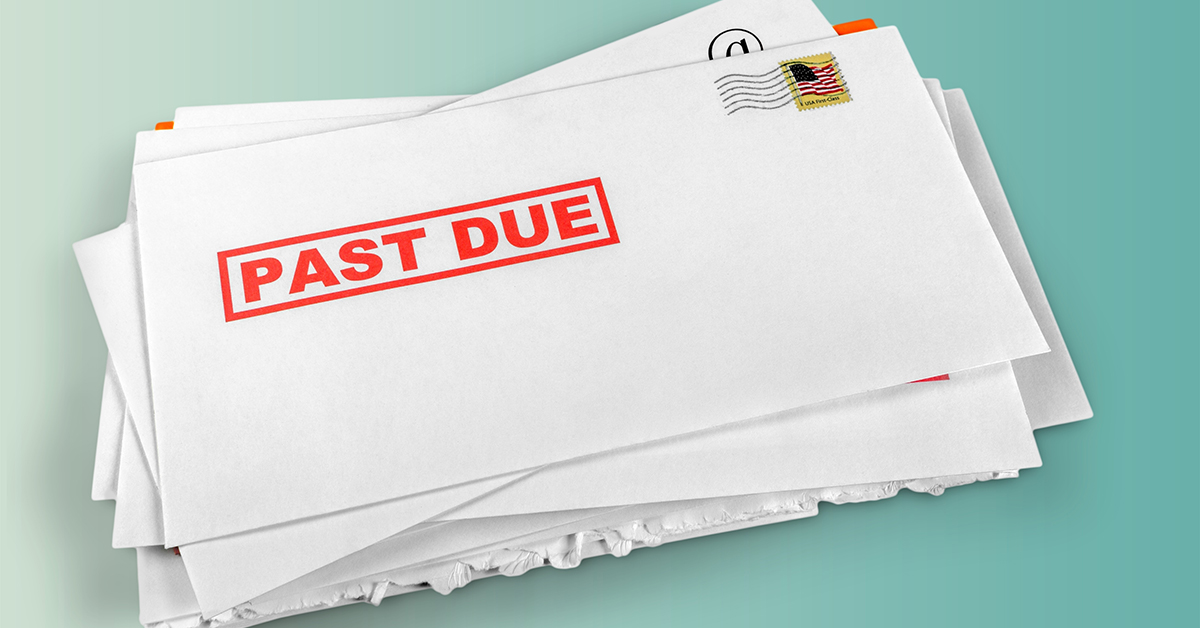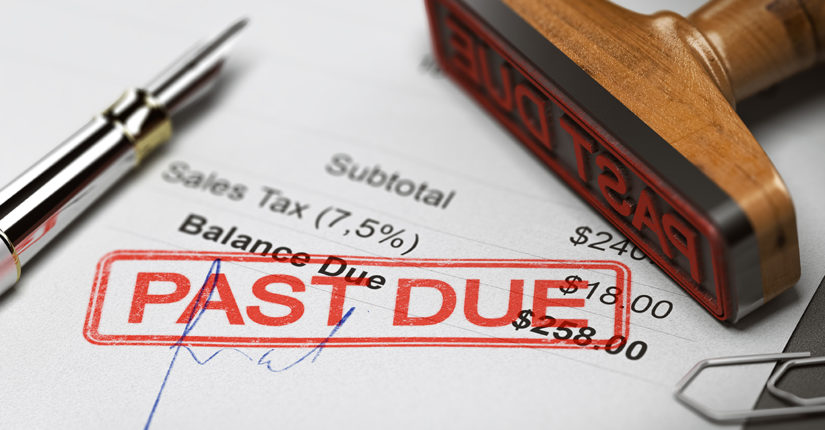 Drug companies have filed lawsuits in courts across the country challenging the Constitutionality of the new Inflation Reduction Act (IRA) of 2022. Four of these cases were filed in the U.S. District Court for the District of New Jersey.
Drug companies have filed lawsuits in courts across the country challenging the Constitutionality of the new Inflation Reduction Act (IRA) of 2022. Four of these cases were filed in the U.S. District Court for the District of New Jersey.
NJ Federal Court sides in support of the IRA
 On April 29, 2024, the federal court in the first of these New Jersey cases sided with the government and the arguments raised in amicus briefs filed by Flitter Milz attorneys Andy Milz and Jody Lopez-Jacobs, along with lawyers from Public Citizen and other top-notch public interest law firms. The amicus briefs asserted support of the US government’s effort to curb high drug prices.
On April 29, 2024, the federal court in the first of these New Jersey cases sided with the government and the arguments raised in amicus briefs filed by Flitter Milz attorneys Andy Milz and Jody Lopez-Jacobs, along with lawyers from Public Citizen and other top-notch public interest law firms. The amicus briefs asserted support of the US government’s effort to curb high drug prices.
The federal court issued an opinion dismissing the challenges to the IRA’s drug price cutting measures raised by the big drug companies Bristol Myers Squibb and Janssen Pharmaceuticals. Our amicus briefs can be found here: Bristol Myers Squibb; Novartis Pharmaceuticals; Novo Nordisk
 “We’re gratified by the Court’s ruling in this case and happy to be part of a top-tier team that made it happen,” says Milz. “Whenever we can help consumers, particularly the elderly, save money on necessities, we consider it a job well done.”
“We’re gratified by the Court’s ruling in this case and happy to be part of a top-tier team that made it happen,” says Milz. “Whenever we can help consumers, particularly the elderly, save money on necessities, we consider it a job well done.”
The Inflation Reduction Act of 2022
 The IRA contains several reforms designed to lower the high cost of prescription drugs and make them more accessible to patients, including seniors enrolled in Medicare. The program relies on a process in which the Department of Health and Human Services (HHS), which is responsible for implementing Medicare, and the manufacturer of selected drugs negotiate the prices at which drugs will be made available to Medicare providers and drug plans.
The IRA contains several reforms designed to lower the high cost of prescription drugs and make them more accessible to patients, including seniors enrolled in Medicare. The program relies on a process in which the Department of Health and Human Services (HHS), which is responsible for implementing Medicare, and the manufacturer of selected drugs negotiate the prices at which drugs will be made available to Medicare providers and drug plans.
Other such challenges are still in litigation in New Jersey federal court and around the country.

 Being asked to co-sign a loan for a family member or close friend is a larger responsibility than most people realize. When you co-sign a loan, such as an auto loan, you and your credit are on the hook if that relative or friend decides to stop making payments on the loan. In other words, by co-signing, you are a co-borrower and must accept responsibility of terms stated in the loan agreement.
Being asked to co-sign a loan for a family member or close friend is a larger responsibility than most people realize. When you co-sign a loan, such as an auto loan, you and your credit are on the hook if that relative or friend decides to stop making payments on the loan. In other words, by co-signing, you are a co-borrower and must accept responsibility of terms stated in the loan agreement. Once the vehicle is sold, the lender may assign collection of the deficient balance to a debt collector or law firm collector. If the loan balance is not paid, the lender could choose to
Once the vehicle is sold, the lender may assign collection of the deficient balance to a debt collector or law firm collector. If the loan balance is not paid, the lender could choose to  Co-signing a loan should not be taken casually. The co-signer must consider whether or not credit may be needed for him or herself. If a co-signer has too much
Co-signing a loan should not be taken casually. The co-signer must consider whether or not credit may be needed for him or herself. If a co-signer has too much  individual the money for the purchase. In other words, you lend the individual the money and they pay you back in installments over time, or whatever agreement the two of you come up with.
individual the money for the purchase. In other words, you lend the individual the money and they pay you back in installments over time, or whatever agreement the two of you come up with. Flitter Milz is a nationally recognized consumer protection law firm that represents individuals in matters against auto lenders, as well as debt collectors and credit bureaus.
Flitter Milz is a nationally recognized consumer protection law firm that represents individuals in matters against auto lenders, as well as debt collectors and credit bureaus. 




 Flitter Milz is a nationally recognized consumer protection law firm experienced in representing consumers who have suffered from abusive debt collection practices and credit reporting errors.
Flitter Milz is a nationally recognized consumer protection law firm experienced in representing consumers who have suffered from abusive debt collection practices and credit reporting errors. 








